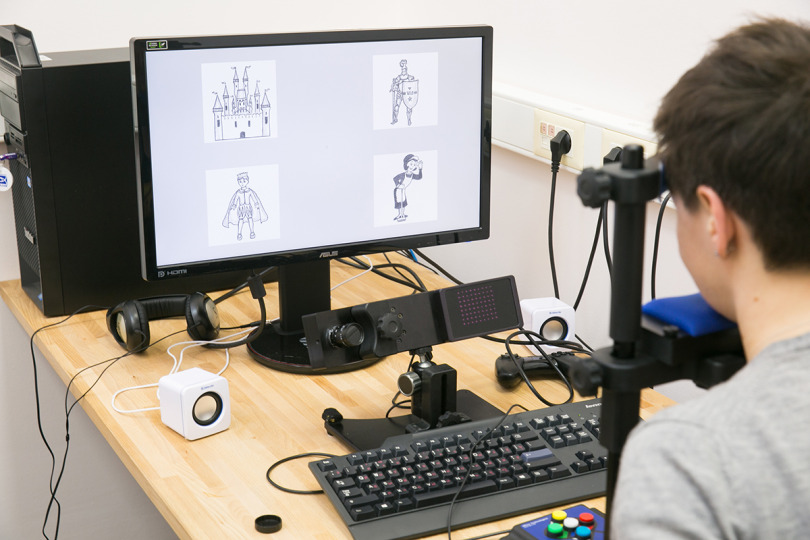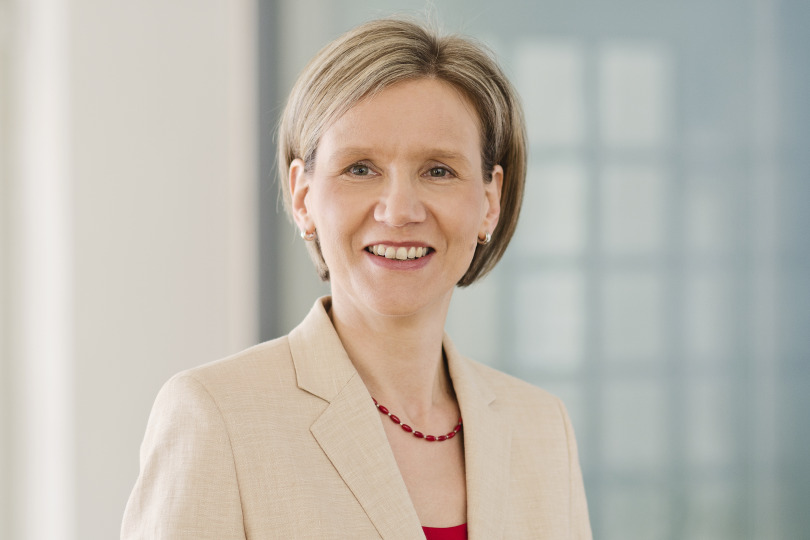Maternal Capital Leads to Earlier Second Births
Maternal capital has helped increase birthrates in Russia, but its contribution to total fertility has been limited so far, with just 15 more children per 100 women of reproductive age, according to Fabian Slonimczyk and Anna Yurko, Associate Professors at the HSE International College of Economics and Finance. On the other hand, the proportion of women wishing to have more than one child has increased, and postponed births tend to occur sooner than planned, apparently influenced by the country's pro-fertility policies.
Winners of the National Award in Applied Economics 2016 Announced
The prestigious National Award has been granted to Ekaterina Zhuravskaya, Professor at the Paris School of Economics, and Evgeny Yakovlev, Professor and Director of the New Economic School Data Centre, for their paper ‘The Unequal Enforcement Of Liberalization: Evidence From Russia's Reform Of Business Regulation’. The National Award in Applied Economics is given once every two years for outstanding published papers that analyse the Russian economy at the country, industry, regional, or company level.

‘Seeing’ Language through Neurolinguistics
What happens in a person’s head when they hear speech or say something themselves? How does trauma and disease impact a person’s speech capabilities, and can we really help people who have certain medical conditions? Questions like these concern the life of language in the human brain, and this is exactly what researchers in the HSE Neurolinguistics Laboratory are currently studying.

Deepening Collaboration Supports Study of Innovation and Transition Economics
Three years ago, HSE and Germany’s Halle Institute for Economic Research (IWH) signed a Memorandum of Understanding to cooperate on issues concerning innovation and transition economics. Prof. Dr. Jutta Günther of the University of Bremen, who is heavily involved in the collaborative relationship, will be presenting at the XVII April International Academic Conference on Economic and Social Development at a panel on Science, Technology and Innovation Policy. She recently agreed to speak with the HSE news service about the progress in collaboration between the two universities, her research interests, and some of her favourite places to visit in Moscow.
April International Academic Conference
On April 19-22, 2016, the National Research University Higher School of Economics with a support of the World Bank organizes the XVII April International Academic Conference on Economic and Social Development.
Central Asians Happier Than Russians
In Central Asia, subjective wellbeing and life satisfaction tend to be higher than objective wellbeing, and people in Tajikistan and Uzbekistan appear to be more content than Russians about their material circumstances and life in general. According to Tatiana Karabchuk, Deputy Head of the HSE Laboratory for Comparative Social Research (LCSR), and Daria Salnikova, Research Assistant of the same laboratory, relatively low levels of economic inequality in Central Asian countries may be one of the reasons for this paradox.
Is Shadow Education Good for Us?
Prashant Loyalka is a visiting Leading Research Fellow at the HSE Institute for Education and the International Laboratory for Education Policy Analysis. His research article, ‘Does Shadow Education Help Students Prepare for College?’ will be published in the International Journal of Educational Development Vol 49, in July 2016. In an interview with HSE News Service, Dr Loyalka talked about his research into the advantages and shortcomings of shadow education and about why American parents send their kids to after-school Russian math class.
Settlement History Determines Regional Development
In many countries, including but not limited to Russia, frontier regions, populated more recently than the country's core territory, tend to lag behind in terms of socio-economic development. This phenomenon can be explained by legacies such as state formation in remote regions and the autonomy traditionally enjoyed by new settlers, according to Roberto Foa (Harvard University) and Anna Nemirovskaya, Senior Research Fellow of the HSE Laboratory for Comparative Social Research (LCSR).
Mapping Social Mechanisms in a Civilized Public Sphere
On March 16, Apostolis Papakostas, Professor of Sociology at Södertörn University in Stockholm, Sweden gave a presentation of his book ‘Civilizing the Public Sphere: Distrust, Trust and Corruption’ at the HSE Laboratory for Comparative Social Research. Examining the interplay between distrust, trust and corruption, this book maps out the social mechanisms that make actors and organizations in the public sphere perform their activities in a civilized manner.
Companies Train Employees, but Do Not Listen to Them
Most employees and a significant proportion of managers are not briefed on their company's business strategy, while a quarter of all blue and white-collar workers are not informed about operational management issues. While Russian businesses are concerned about employee development, creating bench strength and adopting state-of-the-art ICT solutions, they use the latter only for transmitting orders from the top down. Veronica Kabalina, Kira Reshetnikova and Olga Zelenova of the HSE Department of Human Resources Management examined Russian businesses' approaches to HR development and corporate communications.


Submission deadline: April 6, 2025